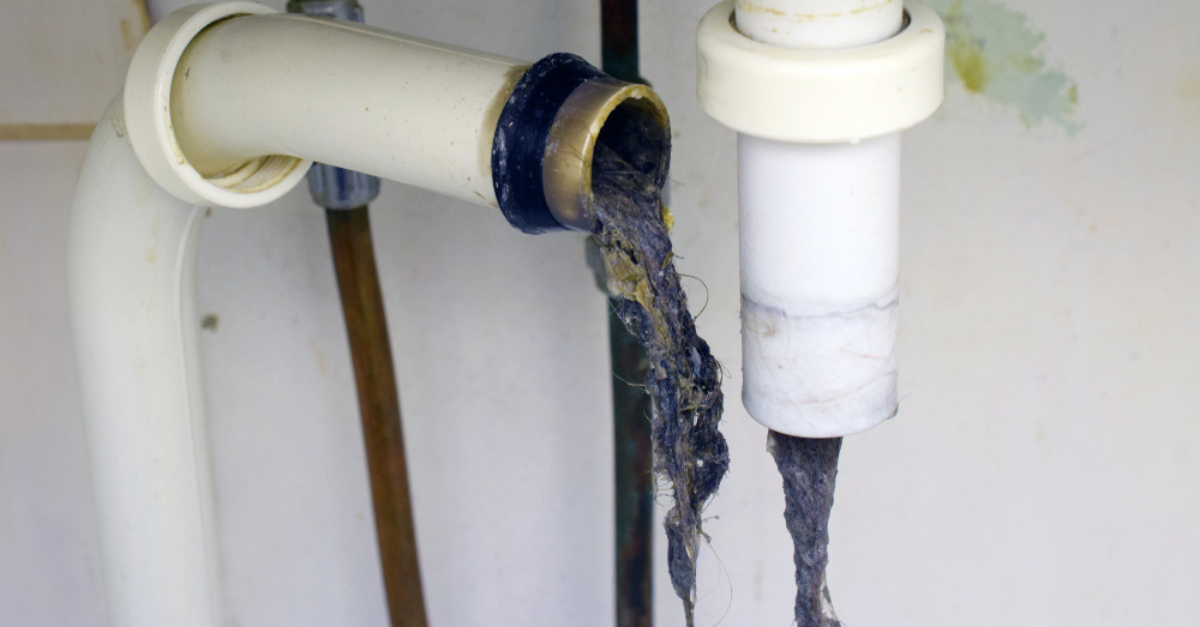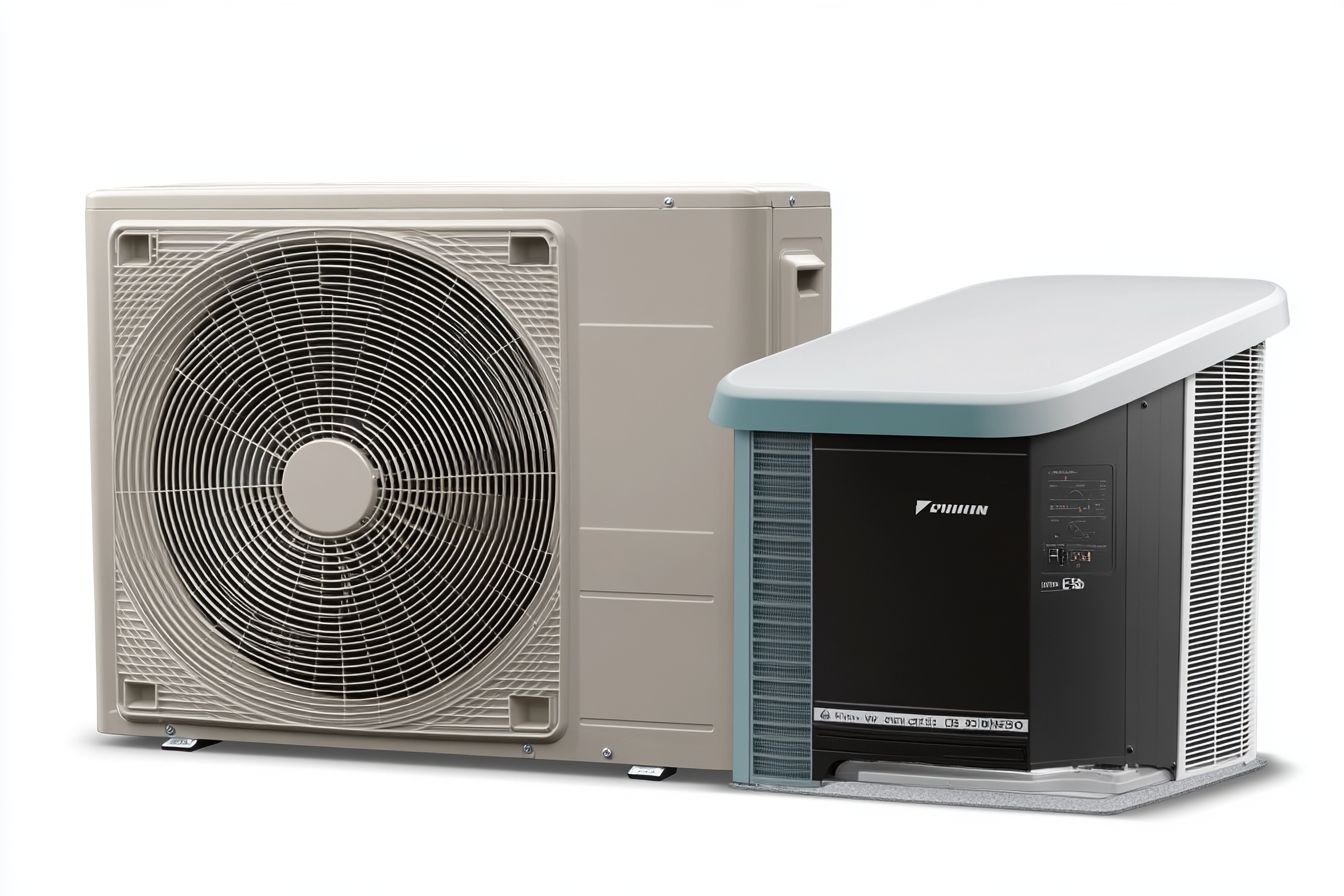Emergency plumbing problems: what to do when pipes burst or drains clog
Plumbing emergencies can strike at the worst possible moment — from burst pipes flooding your home to a broken water heater leaving you without hot water. This guide explains the most common plumbing issues, what safe steps can help reduce damage, and how to prevent future problems.

What Causes Burst Pipes and Flooding Risks?
Burst pipes represent one of the most destructive plumbing emergencies homeowners can experience. Temperature fluctuations, aging infrastructure, and excessive water pressure can cause pipes to suddenly rupture. When a pipe breaks, water can quickly flood interior spaces, potentially causing thousands of dollars in damage to floors, walls, and personal belongings. Immediate action is critical to minimize destruction and prevent long-term structural issues.
Identifying and Responding to Clogged Drain Warnings
Clogged drains often start with subtle warning signs like slow water drainage, unusual gurgling sounds, or unpleasant odors. These indicators suggest potential blockages that can escalate into serious backup problems. Kitchen sink clogs typically result from grease and food debris, while bathroom drains often become blocked by hair and soap residue. Recognizing these early signs allows homeowners to take preventative measures before complete system failure occurs.
Broken Water Heaters: When Hot Water Disappears
A malfunctioning water heater can leave families without essential hot water, creating significant household disruption. Common issues include sediment buildup, faulty heating elements, or deteriorating tank components. Signs of potential water heater problems include inconsistent water temperature, strange noises during heating, or visible rust and corrosion around the unit.
Typical Plumbing Repair Costs Explained
| Service Type | Average Cost Range | Complexity |
|---|---|---|
| Pipe Repair | $150 - $500 | Low to Moderate |
| Drain Unclogging | $100 - $275 | Low |
| Water Heater Replacement | $800 - $1,500 | High |
| Emergency Weekend Service | $250 - $600 | Variable |
Prices, rates, or cost estimates mentioned in this article are based on the latest available information but may change over time. Independent research is advised before making financial decisions.
Recommended Steps to Reduce Potential Plumbing Damage
Homeowners can take proactive measures to minimize plumbing emergencies. Regular maintenance, including annual inspections and addressing minor issues promptly, can prevent costly repairs. Key strategies include:
-
Insulating pipes in vulnerable areas
-
Monitoring water pressure
-
Avoiding chemical drain cleaners
-
Installing drain screens
-
Scheduling professional annual plumbing inspections
When to Call a Professional Plumber
While some minor issues can be addressed independently, complex plumbing problems require professional intervention. Signs that you need expert assistance include persistent leaks, significant water pressure changes, sewage backups, or any situation involving potential structural damage.
Understanding emergency plumbing challenges empowers homeowners to respond effectively and protect their most valuable asset. Quick recognition, appropriate action, and professional support can minimize potential damage and restore your home’s essential water systems.




